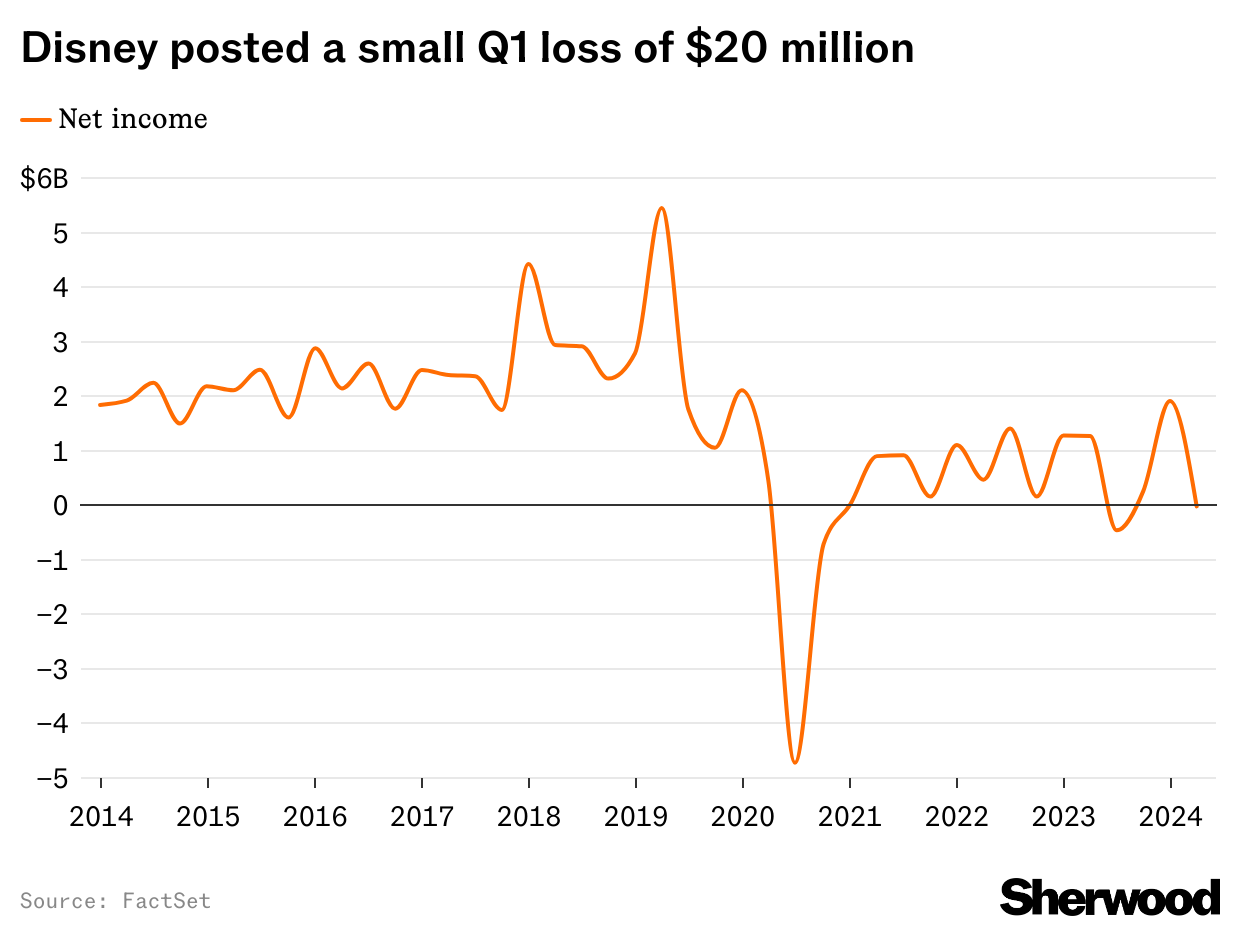Friday Jul.09, 2021
🚗 Volkswagen's collusion plot twist
_No makeup makeup vibes [Westend61 via GettyImages]_
Hey Snackers,
Bitcoin bling has arrived: in an unprecedented move, Sotheby's is accepting crypto payment for a 100+ carat diamond. The famous auction house is a fan of NFTs, too.
Stocks fell from their record highs as investors started worrying about economic overheating and inflation (again).
Colluded
Antier-trust: BMW and Volkswagen were fined $1B for colluding to avoid building cleaner tech
If Tony Soprano were driving in 2021… he’d pull up in a Volkswagen. European antitrust regulators fined Volkswagen and BMW more than $1B – about 5% of their annual profits – for colluding to avoid upgrading their emissions tech. In this plot, the "conspirators" are Volkswagen, BMW, and Mercedes-maker Daimler.
- The pact: Between 2009 and 2014, the three German car giants agreed not to compete with each other to develop cleaner, expensive emissions tech. "I won't do it if you don't."
- The rat: Daimler agreed to blow the whistle on its co-conspirators in exchange for immunity in the EU investigation.
- The punishment: Severe. VW will pay $590M, BMW will pay $442M, and Daimler would've paid nearly $900M — if it hadn’t squealed.
But this is actually a sequel... Volkswagen’s been busted before. In 2015’s #Dieselgate, VW outfitted cars with software to cheat emissions tests. Since then, VW’s paid $38B+ in fines and fees – but the German auto biz has struggled to clean up its soiled reputation. Now, EU regulators are sending an unprecedented message: no collusion of any kind.
EU antitrust just got broader... It’s the first time the EU has used antitrust law to punish companies for suppressing tech innovation, instead of usual no-nos like price-fixing. The three car companies didn't agree to all raise prices at once — that would be OG collusion. Instead, they tried a more creative type of collusion: don't innovate, boost profit. But the EU put its foot down. Antitrust might get broader in the US, too. New FTC leader Lina Khan has said that we need "a new vocabulary" for addressing Big Tech's dominance.
Highlight
Millennial makeup favorite Glossier snags a $1.8B valuation by embracing "the power of the package"
Don't eat the milk jelly cleanser... Glossier is the viral direct-to-consumer makeup/skincare brand whose products look like candy — or art supplies. From tubes of "Cloud Paint" blush and "Balm Dotcom" skin salves, to roll-on highlighter sticks, Glossier is the epitome of Instagram-able packaging. Now it has something else to gram about:
- Double unicorn status: Almost. Glossier just raised $80M in funding, reportedly bringing its valuation to $1.8B.
- The digital-first company plans to use the fresh cash to bring back physical locations, which it shut down during the pandemic. The first new stores will be in Seattle, LA, and London.
Signature makeup look... The "no makeup" makeup look. Seven-year-old Glossier pioneered modern, direct-to-consumer beauty with its TikTok-friendly minimal aesthetic. Think: Millennial pink and pastel-everything. It keeps things simple with 39 products that are easy to apply.
- Household name with Gen Zillennials: Two in every five US women between ages 18 and 34 have heard of Glossier, and it has 5M+ customers globally.
- Digital super power: Glossier's online sales increased across all categories during the pandemic, while makeup sales plummeted for OG retailers. 80% of its sales come from its own site.
The power is in the packaging... because it's the first thing we see. People often buy makeup, food, and other items because they look cute, without even knowing the ingredients or quality. Cool retail stores are a form of packaging, too. For Glossier, they're an extension of its marketing strategy to inspire, then acquire customers. Examples of "well-packaged" Glossier shops: a fried chicken and lipstick pop-up at a pink cafe in SF, and a Boston setup made of university-inspired “campuses." Coming this August: a huge, mushroom-themed concept store in Seattle.
What else we’re Snackin’
- Penalty: 15 US states reached a deal with OxyContin-maker Purdue Pharma, bringing the big opioids case closer to its anticipated $4.5B settlement.
- Stable: Crypto firm Circle, which operates one of Earth's largest dollar-pegged stablecoins, is going public at a $4.5B valuation.
- Swiped: Wells Fargo is shutting down all personal credit lines this month — customers weren't thrilled.
- Freight: President Biden is expected to pass an exec order to curb the dominance of companies in the ocean shipping and railroad industries.
- IOU: Borrowing is back — Americans are signing up for credit cards and car loans in record numbers.
- Feature: How the Trump Presidency took a toll on Mark Zuckerberg's and Sheryl Sandberg's partnership. Hint: it’s political.
Friday
- Marvel's "Black Widow" comes out in theaters
- Earnings expected from Greenbrier Companies
ID: 1
.png)

